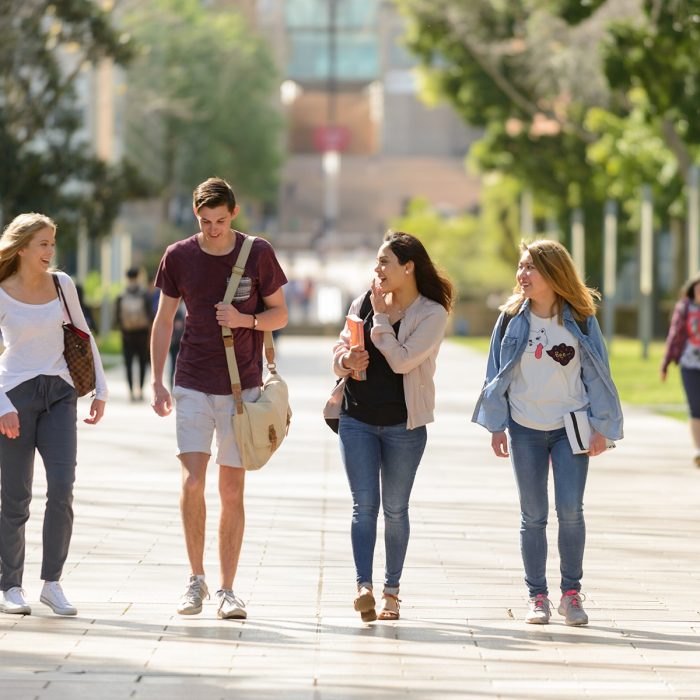What students do at KLC
Students attend KLC two days per week and attend a weekly 2 hour class. They interview clients; write legal submissions, go to court, speak to lawyers, draft documents and work on legal projects (including law reform, community legal education & community work) supervised by experienced lawyers. There is a student meeting for an hour every day where students meet and reflect on justice issues which are raised during their KLC experience. Students go out into the community and meet community members at meetings and events. For further information about assessments and eligibility please consult the Handbook, opens in a new window.
How they learn
At KLC courses students learn experientially, that is the education is a designed, managed and guided experience including detailed debriefing and class schedule to supplement this learning. The experience is the primary method of teaching. Students gain a deeper understanding of lawyering as a means of helping people, where human interests and values are of primary importance. There is a significant academic component to the course which includes reflection on the experience. Students also learn peer to peer through discussions at daily student meetings. Students work on real client files and interview real clients about their legal problems. This is supervised by an experienced clinical supervisor/solicitor in a very supportive environment.
What do students say?
"I absolutely love the atmosphere at KLC with all the wonderful and friendly staff. The experience of observing how solicitors work with real clients was phenomenal and will stay with me for a long time. I am so grateful for this experience."
Term 3 2020
"Despite having to experience KLC during a pandemic, KLC has nevertheless been the highlight of my law school experience. I am so grateful to have been able to come into the Centre and get a glimpse of what it is like to work at a CLC. I really appreciate all the behind-the-scenes efforts it must've taken to keep the KLC course running this term and want to thank everyone for making it such a great experience and a memorable ending to my degree."
Term 3 2020
"the opportunity to work with amazing people of course (the best thing about the course)! I think this course gives a unique opportunity different to volunteering at another CLC or similar law center in that the course and the supervisors are geared towards teaching and building students up into great lawyers."
Term 1 2020

